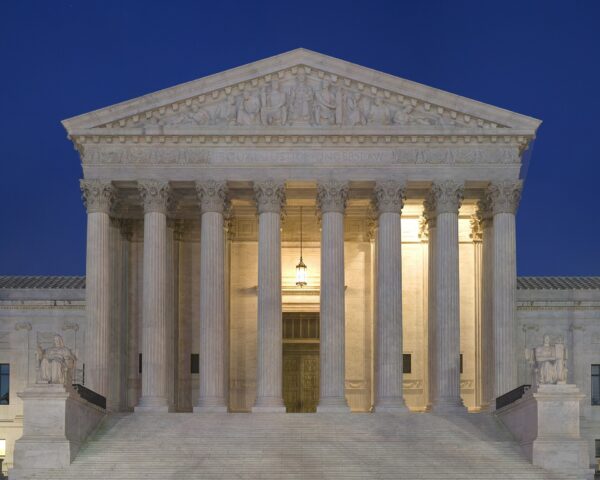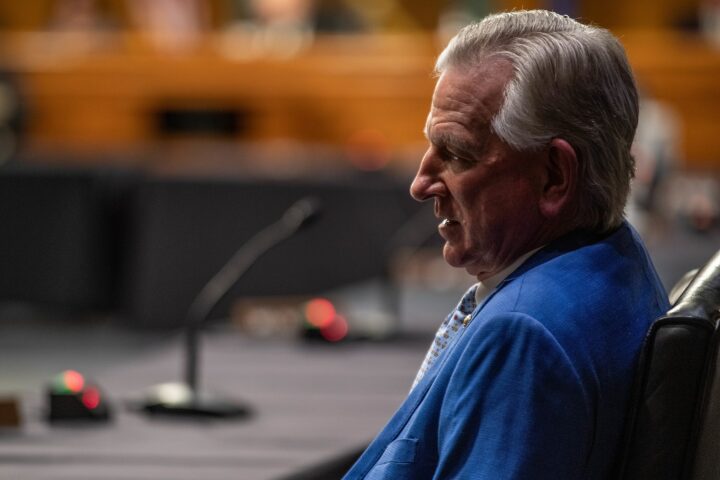Democrat-backed electioneering groups are now reportedly rushing to overturn Supreme Court Justice Samuel Alito’s Friday order that allows Texas to use its newly drawn congressional map, filing an emergency appeal Monday arguing the map represents an “extraordinary” case of racial gerrymandering.
The left-wing legal groups insist that a lower court was right to claim Black and Hispanic voters were “likely” to prevail in challenging the map, accusing Texas lawmakers of drawing lines designed to dilute minority voting strength — a familiar accusation Democrats level any time a GOP-led state strengthens Republican districts.
Alito’s November 21 order allows Texas to keep its map in place while the full Supreme Court reviews the challenge, an important decision as the state barrels toward its March primary.
Texas officials have urged the Court to move quickly, warning that any last-minute changes to congressional districts would cause chaos for election administrators and voters. The state highlighted the Purcell rule, which advises federal courts to avoid rewriting election rules or district lines close to an election when doing so could create confusion or logistical disorder.
In its emergency appeal, Texas emphasized the urgency.
“The district court’s injunction comes far too late in the day under Purcell,” Texas Solicitor General William R. Peterson wrote. “Campaigns have begun in the 2025 districts. The candidate filing period ends on December 8. Ballots will soon be printed… and sent overseas. In the middle of all of that, the district court has ordered the State to stop.”
Peterson blasted the lower court for attempting to force Texas to revert to the repealed 2021 map, which would overhaul 37 of Texas’s 38 congressional districts — a near-total upheaval in the middle of an election cycle.
Last week, a three-judge federal panel in El Paso ruled 2–1 that Texas’s new map was likely discriminatory. But the dissenting judge, U.S. Circuit Court Judge Jerry Smith, issued a scathing rebuke of his colleagues. Smith accused fellow judge Jeffrey Brown — an appointee of President Trump — of “judicial misconduct,” suggesting the panel’s majority acted improperly in reaching its conclusion.
Texas Republicans passed the new map earlier this year as part of an effort to solidify GOP gains and respond to shifting population centers. Democrats, unable to win at the ballot box in Texas, have increasingly turned to the courts in an attempt to undo GOP-friendly redistricting — often ignoring the Purcell precedent Democrats themselves once championed.
With the March primaries approaching and candidate filing already underway, the Supreme Court’s next move will determine whether Texas voters go to the polls under the map the legislature passed, or whether Democrats succeed in forcing a last-minute judicial rewrite.
For now, Alito’s order keeps Texas’s map intact — and puts the burden on Democrat-aligned activists to convince a majority of the Supreme Court to intervene despite longstanding election law precedent advising against it.








